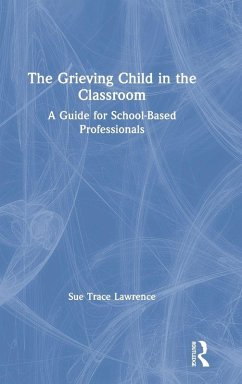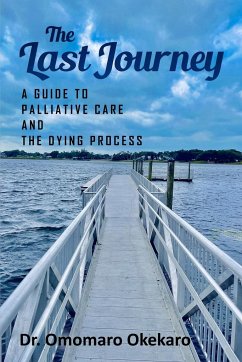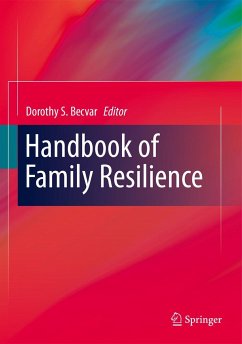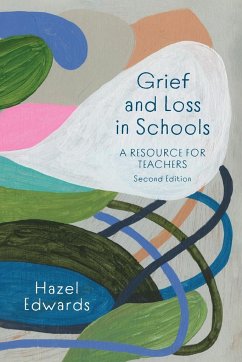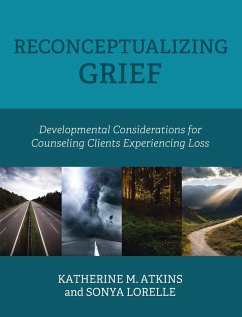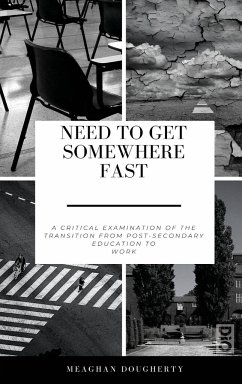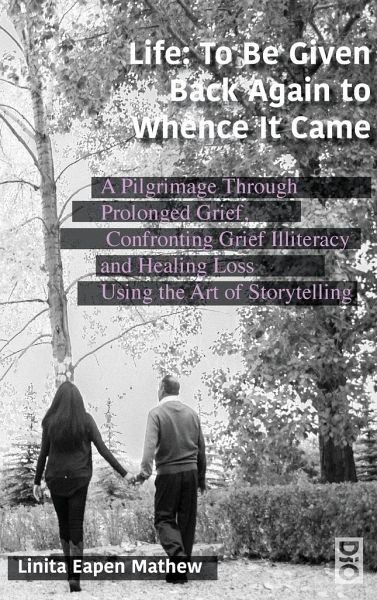
Life; To be Given Back Again to Whence it Came
A Pilgrimage Through Prolonged Grief, Confronting Grief Illiteracy and Healing Loss Using the Art of Storytelling

PAYBACK Punkte
22 °P sammeln!
The death of a loved one washes over us like a catastrophic tsunami, and grief consists of the waves and ripples that rise up and down, directing us through the murky waters of bereavement. When an individual journeys through these tragic and painful circumstances, grief alters our physical, emotional, psychological, behavioural, and spiritual wellbeing. And, although grief is a universal occurrence defined by evolving grief theory models, advancement in the design of innovative tools that target and teach us how to overcome our suffering has made slower progress, limiting the ways we put thes...
The death of a loved one washes over us like a catastrophic tsunami, and grief consists of the waves and ripples that rise up and down, directing us through the murky waters of bereavement. When an individual journeys through these tragic and painful circumstances, grief alters our physical, emotional, psychological, behavioural, and spiritual wellbeing. And, although grief is a universal occurrence defined by evolving grief theory models, advancement in the design of innovative tools that target and teach us how to overcome our suffering has made slower progress, limiting the ways we put these grief models into practice. Similarly, a lack of grief education in schools, and our unwillingness to openly talk about death and discuss the impact of grief, hinders our ability to effectively transition beyond grief. Hence, through the portrayal of a subjective experience when faced with a most significant loss, I have used evocative autoethnography to explore my own encounter with chronic, complicated grief that materialized after the loss of my father. Examined against my cultural context as an Indo-Canadian, evocative autoethnography was used to delve into the human psyche, disclosing my personal interactions with grief, and exposing the grief illiteracy that exists in our society. Using the art of storytelling, my narration as the protagonist, hoping to reconcile with loss, was woven through a collection of 41 stories that took place before, during, and after the death of my father, shedding light on the cultural impact on bereavement.



